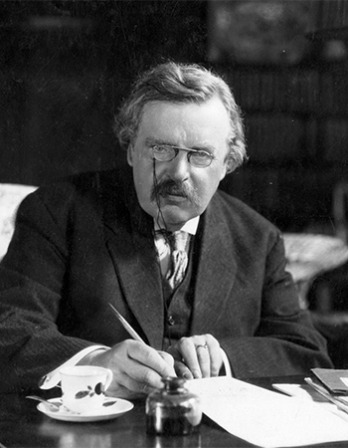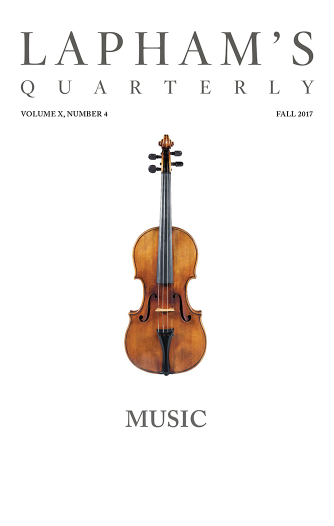It is indeed a ridiculous madness for miserable men to resolve on undertaking any work independently of God, whilst they cannot even speak a word but what he chooses.
Moreover, the Scripture, more fully to express that nothing is transacted in the world but according to his destination, shows that those things are subject to him which appear most fortuitous. For what would you be more ready to attribute to chance, than when a limb broken off from a tree kills a passing traveler? But very different is the decision of the Lord, who acknowledges that he has delivered him into the hand of the slayer. Who, likewise, does not leave lots to the blindness of fortune? Yet the Lord leaves them not, but claims the disposal of them himself. He teaches us that it is not by any power of their own that lots are cast into the lap and drawn out; but the only thing which could be ascribed to chance, he declares to belong to himself. To the same purpose is another passage from Solomon: “The poor and the deceitful man meet together: the Lord enlightens the eyes of them both.” For although the poor and the rich are blended together in the world, yet, as their respective conditions are assigned to them by divine appointment, he suggests that God, who enlightens all, is not blind, and thus exhorts the poor to patience, because those who are discontented with their lot, are endeavoring to shake off the burden imposed on them by God. Thus also another prophet rebukes profane persons, who attribute it to human industry, or to fortune, that some men remain in obscurity, and others rise to honors: “Promotion comes neither from the east, nor from the west, nor from the south. But God is the judge; he puts down one, and sets up another.” Since God cannot divest himself of the office of a judge, hence he reasons that it is from the secret counsel of God that some rise to promotion and others remain in contempt.
From Institutes of Christian Religion. Calvin was the leading figure of the French Protestant Reformation. Institutes was first published in Latin in 1536, three years after Calvin was forced to move from Paris to Basel. It was intended to “aid those who desire to be instructed in the doctrine of salvation” and became the single most important document of Protestant belief. “After Calvin,” wrote philosopher Michel Foucault, “poverty bore the marks of an immemorial punishment.”
Back to Issue





